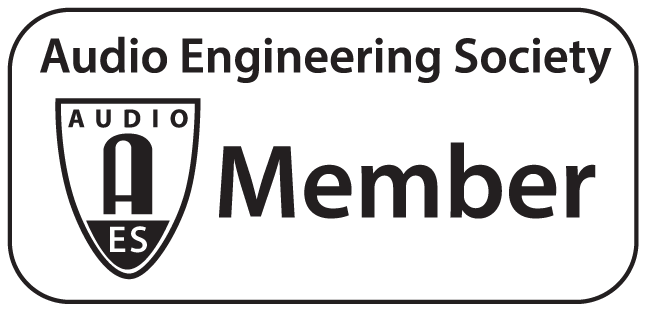|
Currently I am working with our programmer to produce a very comprehensive software suite for the design and performance modeling of loudspeaker drivers. Specifically the soft mechanical parts and the motor magnetics analysis.
It is proving very fruitful. Concepts and simulations that were difficult to integrate into a loudspeaker design through a single program are now in a single integrated interface. This produces a smoother flow of work, and a general standard of calculation that builds confidence in the engineering calculations. Nothing is worse than trying to move some simulation results from one program to another and not really knowing the standards being applied in each case. The manuals only tell you so much. They leave out the actual bits that are most useful to the competent engineer. It is opening up quite a few opportunities for me. We are in the process of proving it out in comparison to results calculated with ANSYS and a few other big gun FEA applications. Vector fields and opera are the two other programs for comparison. So far the FEA comparisons are spot on. So from this point we go to real world versus simulation world. That is designing a motor as built, simulating it and comparing the simulations to the actual measurements. This builds confidence in the results. And is the only way I know of to really prove out the calculation methods. Why is this important? It should cut down on the design time and open up possible motor designs that would be difficult if not impossible with most commercially available software. How about 4 discrete motor gaps and 8 coils? Can do. Front and back spiders? Check. Double spiders? Yes sir. Inside and outside the former coil simulation? Done. How about flat wire or round wire? Standard voice coil dimensions from major suppliers? ( three at the moment ) Interactive spider designer? Interactive surround designer? Both soft part designs are run through potential stress points, mechanical movement and bending yielding calculations. All there ready to go. For sale? Not a chance. In house only. Last thing to do is integrate a few more mechanical measurement options in the hardware test and measurement suite and we will be sitting pretty much in the Klippel range of measurement capabilities. At just a little cost savings of course. Is it as good? Well proof is in the comparison. And those shall be posted as we gain confidence in the full software suites capabilities.
0 Comments
Leave a Reply. |
AuthorMark's Ramblings, show and tell. And other sundries. Archives
December 2019
Categories |
|
Service/Contact Hours
Monday: 9AM–5PM Tuesday: 9AM–5PM Wednesday:9AM–5PM Thursday: 9AM–5PM Friday :9AM–5PM Saturday: Closed Sunday: Closed |
 RSS Feed
RSS Feed
